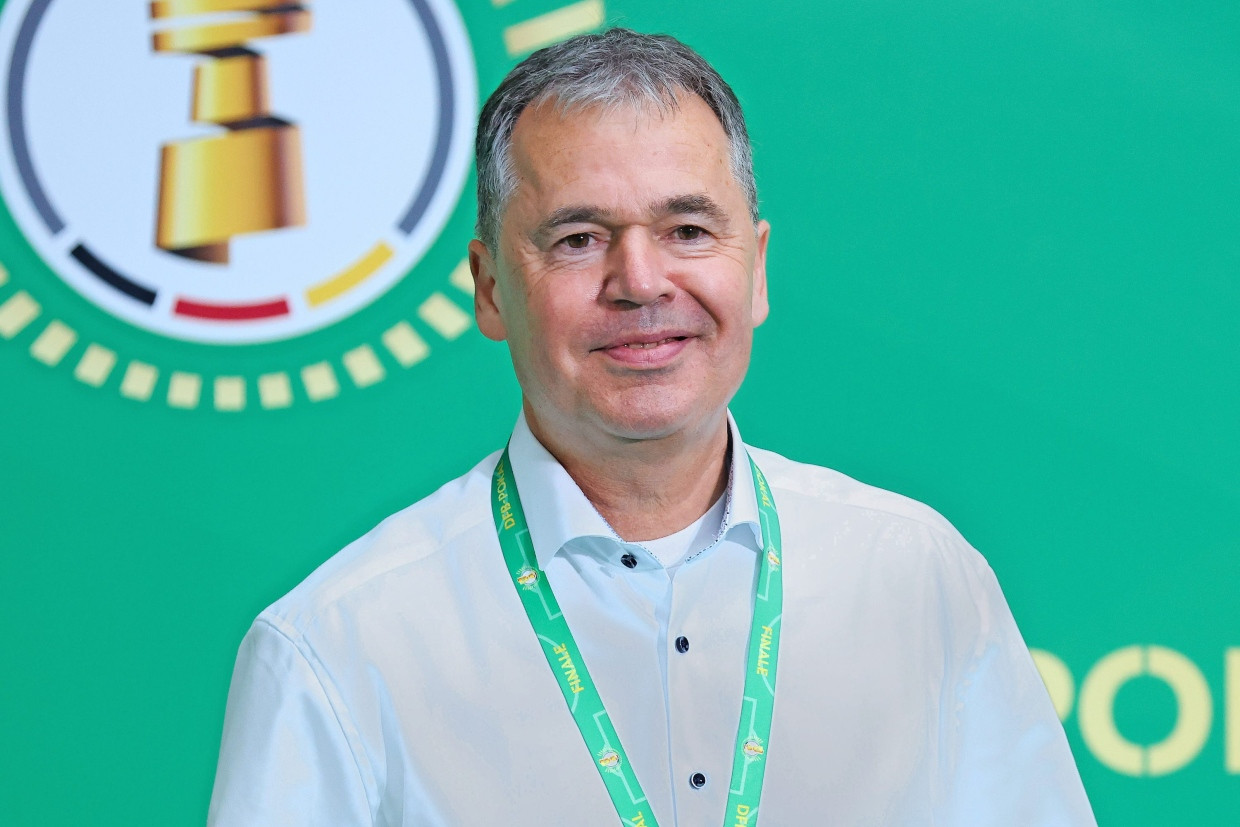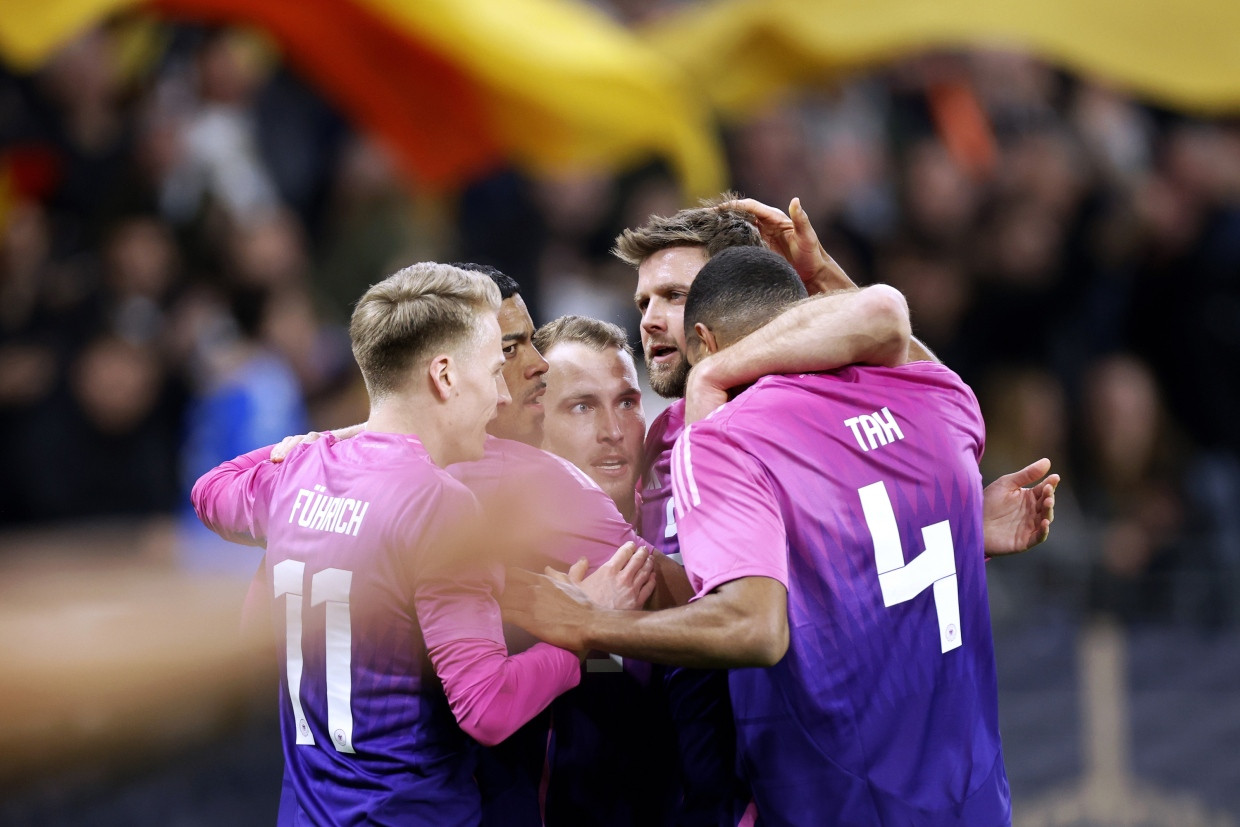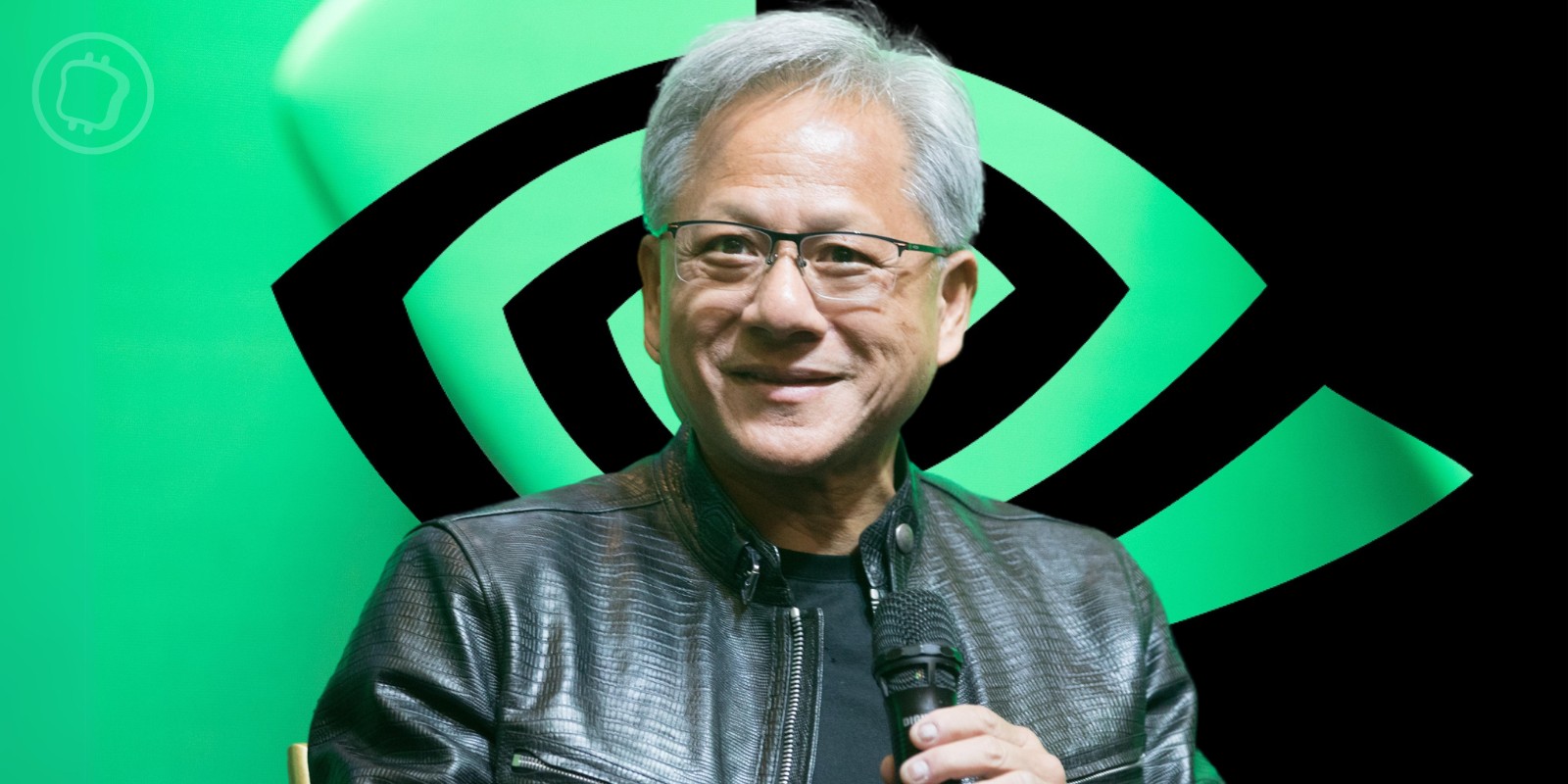Wie haben Sie den EM-Start erlebt?
Ich stehe noch ganz unter dem Eindruck des 5:1. Aber lassen Sie mich trotzdem anders anfangen: Ich bin frühmorgens am Spieltag mit dem Zug angereist, von Köln nach München, 6.44 Uhr, gegen acht bin ich dann mal vorsichtig durch den Wagen gegangen und habe sehr viel vom schottischen Liedgut mitbekommen. In einem Abteil lagen sechs schottische Fans mit dem Kopf auf der Tischplatte, und wenn ich das Leergut hätte einsammeln dürfen, hätte ich davon ein schönes Abendessen mit meiner Frau bezahlen können.
In dem Fall sehe ich mich zwischen den Extremen. Wir sind in einer Branche, die mit und durch die Öffentlichkeit viel Geld verdient. Das geht nur, solange wir die gesellschaftliche Anerkennung haben für das, was wir tun. Deswegen trifft beides zu: Auf der einen Seite dürfen wir das Turnier nicht so sehr überladen, diesen Stein kann keiner im Rucksack tragen. Auf der anderen Seite denke ich schon, dass von uns etwas ausgehen kann. Das merkt man, das spüre ich zumindest so.
Mit dem Spiel gegen Schottland als Auslöser?
Ich habe den Eindruck, dass am Freitagabend wieder etwas passiert ist. Das ist ein zartes Pflänzchen des Optimismus, das gesät wurde. Das habe ich kürzlich auch zu Robert Habeck (Bundeswirtschaftsminister/d. Red.) gesagt, als ich mit ihm zusammensaß. Auch wenn die Heim-EM vielleicht nur eine Steigerung von 0,1 Prozent des Bruttoinlandsprodukts bedeutet. Ich will das nicht nur an harten Fakten festmachen: Der Kopf ist das Entscheidende, die Psychologie, sowohl im Fußball als auch in der Wirtschaft. Wenn eine positivere Grundstimmung herrscht, hilft das in allen Lebensbereichen, im Privaten, im Wirtschaftlichen, im Sport.
Aber hilft es bei den fundamentalen Problemen einer Gesellschaft, die sehr stark auseinanderdriftet, bei der zunehmende Teile nicht mehr auf dem Boden der demokratischen Grundlage stehen?
Da haben Sie recht, das empfinde ich auch. Aber allein die Tatsache, dass wir einen Kapitän haben, der seine familiären Wurzeln auch im Ausland hat und die Binde mit Stolz trägt, der sich klug äußert, der anerkannt ist – das sind Dinge, die Mut machen. Ich finde, wir müssen die positiven Kräfte, die das verkörpern, stärken. Ich habe auch Sorge um den Zusammenhalt, das kann man nicht wegdiskutieren und das wird auch ein Fußballspiel nicht verändern können. Aber es kann zumindest helfen, Unentschlossene auf die richtige Seite zu ziehen.

We are living in the most politically difficult times in a long time and are experiencing the most apolitical national team in a long time. Whatever the explanation for this withdrawal, isn't something being lost?
I don't think that we are an apolitical or politically disinterested team. You might not notice that much because the players don't speak out publicly that often. I really liked the comments from Joshua Kimmich and Julian Nagelsmann on the WDR survey (a quarter of those surveyed wanted more white people in the German team/ed.). They made their position clear there.
On the one hand, it was a reaction in strong and clear words. On the other hand, it also seemed like: Don't ruin our European Championship with this issue. In the end, it was directed against the survey itself, but there is a serious reason for it: racism is a problem that is getting bigger rather than smaller.
The fact that the results are shocking is one thing, and that should set off alarm bells for everyone, if they aren't already. But the other thing is that the players weren't trying to say anything in a calculated way in the run-up to the European Championships, but rather had a genuine need to stand behind their colleagues.
We are not telling anyone to hold back. There will be no muzzle, nor will we advise this or that. We have a reflective team, but I think it is primarily the job of Völler (sports director of the national teams/ed.), Neuendorf (president/ed.), Rettig or the members of the executive committee to take a stand in such cases. I have called for participation in the European elections, we have put up advertising on the sidelines, our president has made socio-political statements. We are not going into hiding, politics and sport are inseparable.

We have heard from sociologists how valuable it is when players speak out. Because they are the ones who act as role models and reach out to younger people. If you look at the French team, they are saying a few things very clearly.
Fortunately, we do not have new elections.
Sure, the situation is different. But one can still doubt whether the German national players would deal with it so offensively.
First of all: I thought it was good. I really liked what Mbappé (the French international/ed.) said. But I could have imagined our players doing the same in a similar situation.
The DFB has taken the initiative on the issue of “hate speech” on the Internet and is pursuing it with the help of the public prosecutor's office. Most recently it was a problem with the U-teams – is it now also a problem with the A-team?
Fortunately not to that extent, but rather from individual selected protagonists.
I'm not on social media and I don't hear anything about this bubble of anonymous users – fortunately. But I haven't heard that the topic is any bigger than usual right now.
Despite all the excitement, it is not clear what the European Championship will bring. If there were to be xenophobic or racist incidents, would you encourage the players to say something? To send out a concrete message?
No. That has to come from within. We as an association would take a stand if that were to happen. But we would not recommend to the team: do this or that. Only the coach makes recommendations to the team.
Do you also have the feeling that there is a certain longing among the audience to see a football team first and foremost as a football team?
I am also a football fan and I would say that the most important thing is not just to be happy about the triumph, the trophy or the win at the weekend. What is always important for me is that if you believe in a team and have the feeling that they are decent guys who stand up for the right things, then you will forgive the one bad pass. I tell the players that too. That is important. I believe that on the one hand there is a longing for orientation, for identification with a team that I can relate to, but on the other hand there is also the social experience, the desire to develop a sense of community, a feeling of togetherness. And of course we want to win games.
What happened in Qatar was also extreme, worlds collided. But I would rather talk about the situation here and now. I do believe that it is a positive feeling for many people, and one that many have been waiting for. We need positive news in these gloomy days, and Friday was one of them.
What do you expect from the next few weeks?
First of all, I'm looking forward to the next game against Hungary. And also to the fact that we'll be wearing the pink and purple jersey in that game.
Really? One might think that you would be happier with the other option because then you would be spared the issue.
I particularly like the pink and purple jersey.
It is the best-selling away jersey in the history of all DFB jerseys. Do you see a message in it that goes beyond the aesthetic?
Well, first of all – and this is also with a wink – that we, and even more so the people at Adidas, have understood what the taste is in our country, especially among young people. And seriously: this example also shows that the football fan scene is much more advanced than some people would have us believe.
Are you so optimistic about that? If you look back at the game against Hungary in 2021, which was supposed to take place under the sign of the rainbow, it seems doubtful that so many people would still be behind it today.
I don't think so. I want to break it down to a personal level. I followed it as a private person at the time, I was much closer to Willi Orban than to Viktor Orbán, and that hasn't changed.
National symbolism has once again become more prominent at the DFB. The colors black, red and gold, the term “Germany,” the national anthem. To what extent is this a conscious decision?
We have different conditions to other nations in this regard. We are lucky that we were once a major rogue state and were accepted back into the international community. That is the greatest achievement of the years after 1945. That is why we always have a somewhat special way of looking at things and a special inner feeling when it comes to the anthem: I never paid much attention to whether a player sings along, hums along or does nothing at all. I think it is utter nonsense that the volume level and the fervor of the singing can give an indication of the result of the game. I have a completely liberal attitude in this regard.
We believe that many people do not. This is precisely why the question arises as to whether national symbolism is being deliberately brought to the fore. There is a danger that this could create a connection for the wrong people.
This is not a consciously predetermined direction. What we conveyed as an expectation was that we wanted to be more approachable, more down-to-earth, more accessible, more open. That is why we fought so hard for Rudi Völler to stay with us longer, because that is exactly what he embodies. This down-to-earthness also includes being aware of where we actually come from. At my first meeting with the team council, I wrote down the home clubs of the six players on a flipchart: VfB Bösingen, Sperber Neukölln and so on. So that we don't forget where it all started. And now we can give something back. Not as a phrase, but out of inner conviction. The coaching team led by Julian Nagelsmann also takes the players' roots into account. That is exactly what we want.










